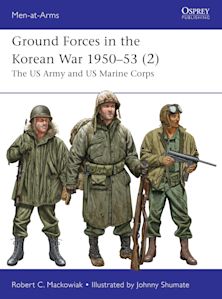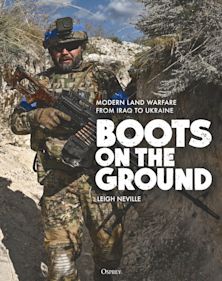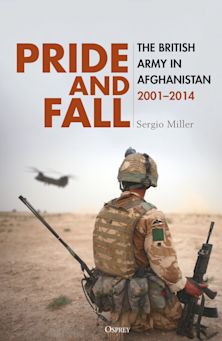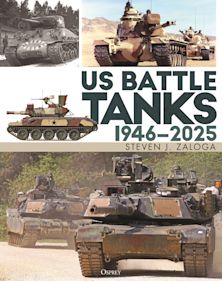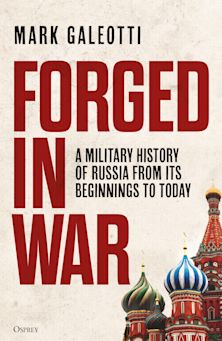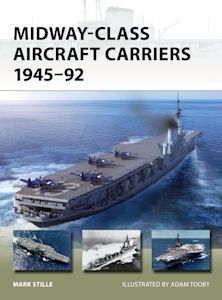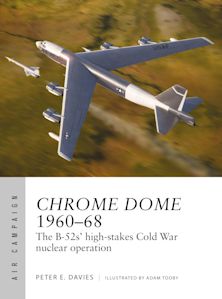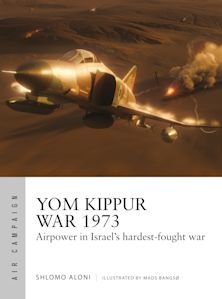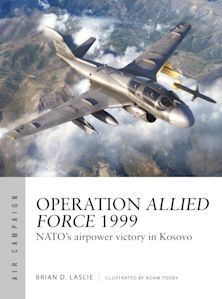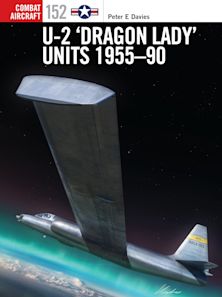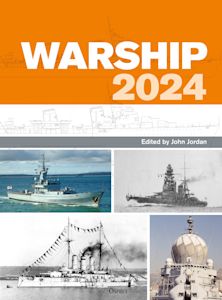The FN FAL Battle Rifle
Description
Of all the infantry small arms developed during World War II, one that generated the most interest was the German 'assault rifle', the StG 44 Sturmgewehr. This innovative weapon fired an intermediate cartridge much more powerful and long-ranged than the standard pistol rounds used in submachine guns, but smaller and lighter than a full-size 7.92mm rifle round, producing less recoil and enabling the soldier to carry more ammunition. The StG 44 and the Soviet weapon it inspired, the AK-47 in 7.62x39mm calibre, could still effectively and accurately engage targets on semi-automatic out to 300m, but when close-range firepower was needed could fire on full-automatic like a submachine gun.
In the West, the NATO countries looked hard at new weapons to upgrade their own infantry arsenals and counter the AK-47. Although British and other designers developed their own prototype assault rifles chambered for intermediate cartridges, the Americans adopted the M14 'battle rifle' and forced a common full-length calibre, 7.62x51mm, on their NATO allies. Fabrique Nationale of Belgium designed a new military rifle, the Fusil Automatique Léger or FAL, as an assault rifle using a true intermediate cartirdge, but this innovative weapon also proved to be a successful battle rifle when adapted for the full-length NATO round. It was soon adopted by the military and police forces of no fewer than 93 nations around the globe, from the United Kingdom to Israel, and was manufactured under licence on every populated continent. It remains in production to this day and is regarded by most as the quintessential postwar battle rifle. In fact, the FAL dominated the militaries of the West to such a degree that its nickname became the Right Arm of the Free World.
Roughly comparable in terms of size and weight to other contemporary battle rifles such as the American M14 and the German Heckler & Koch G3, the FAL proved to be reliable and well loved by its users. It performed reliably in a wide variety of small wars and insurgencies, in the hands of professional soldiers as well as those of hastily trained conscripts and essentially untrained guerrillas. It proved itself in harsh environments as varied as the cold, wet, featureless Falkland Islands in the South Atlantic, the snow and ice of Norway and northern Canada, the deep jungles of Vietnam and Malaya, the deserts of the Middle East, and the streets of Belfast. While thankfully never called upon for its original intent - facing down hordes of mechanized Soviet infantry on the plains of Western Europe - the FAL fulfilled every role it was asked to perform and remains a viable and well-respected weapon to this day.
Table of Contents
Product details
| Published | Aug 20 2013 |
|---|---|
| Format | Paperback |
| Edition | 1st |
| Extent | 80 |
| ISBN | 9781780969039 |
| Imprint | Osprey Publishing |
| Illustrations | 1 b/w |
| Dimensions | 10 x 7 inches |
| Series | Weapon |
| Short code | WPN 27 |
| Publisher | Bloomsbury Publishing |

Resources
Discover More
Visit our exclusive member's website to see artwork, maps, and more from this book.

Resources
Book Vote
Tell us what titles you would like to see published by Osprey, then vote for your favourites in our monthly book vote!














